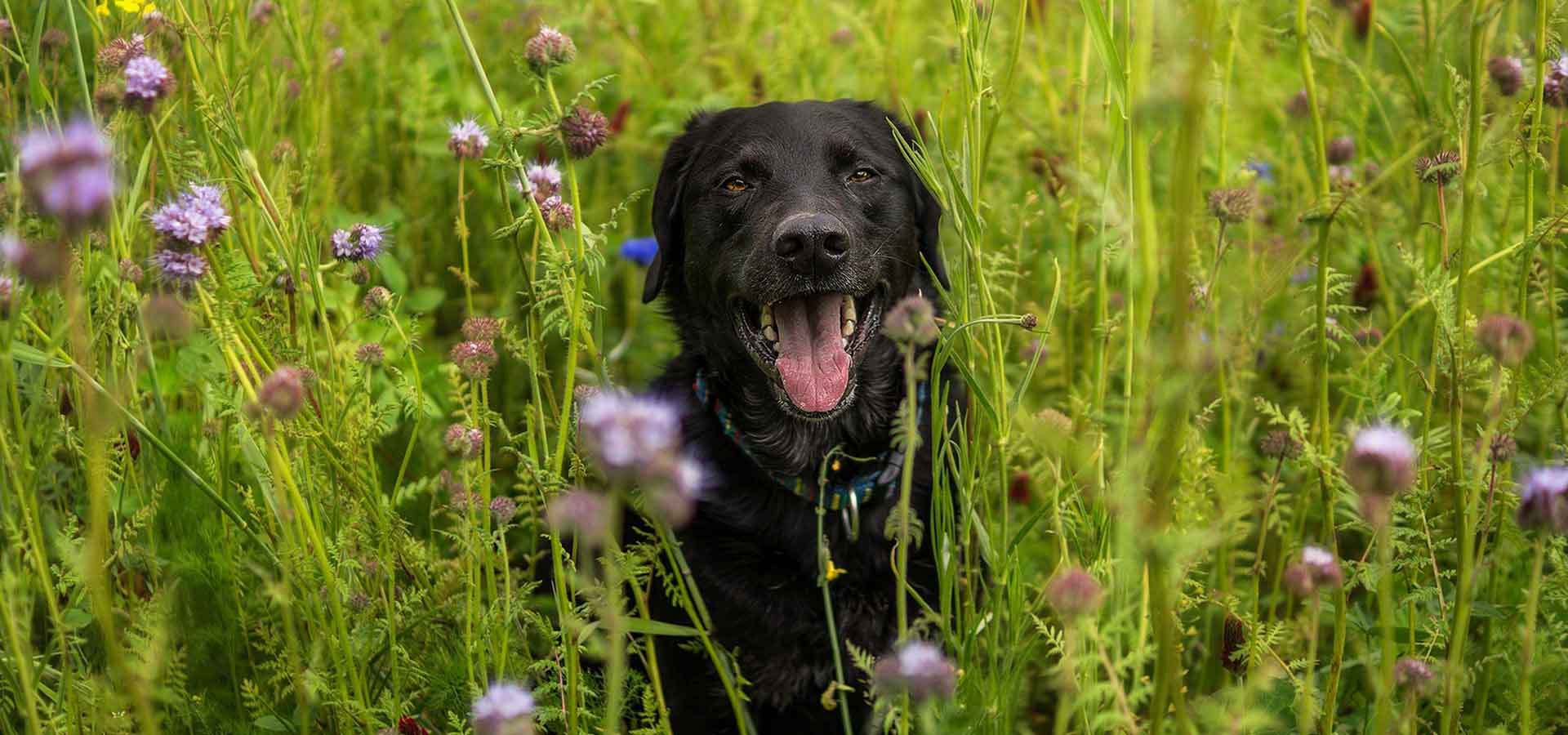Just like many humans, household pets can have allergic reactions to different things. Often the pet allergies have similar symptoms - spots on the skin, upset stomach, itchiness and much more. To help prevent allergic reactions it is helpful to know the triggers. This is often difficult to determine.
Listed below are the most common pet allergies. It's worth noting that this list is not exhaustive and if you have any concerns you should contact your vets immediately.
Flea allergies
Flea allergies are a common type of allergy that your cat or dog doesn't actually need to have contracted fleas for a reaction. This particular type of allergy is often caused by antigenic material that is found in the flea’s saliva. If your pet is bitten they may have an allergic reaction. To prevent this from happening it is important that you practice regular flea control of your pets and clean them down when they return from their walks.
The most common signs of a flea allergy are:
- Scabs on surface of the skin
- Severe itching
- Loss of hair
Atopy
Atopy is commonly found in dogs and cats. Usually, this type of allergy is seasonal and often specific to certain allergens. For example, in the Spring you will see more tree pollen and in the Winter, there are more dust mites in the home as pets spend more time indoors.
The most common signs of Atopy are:
- Inflamed ears
- Ear infections
- Licking around the groin area
- Chewing their paws
- Face rubbing
- Hot spots
In some severe cases, pets are prone to wheezing and respiratory problems. If your pets show any of these symptoms you must contact your vets immediately.
Food allergies
This type of allergy is not the most common and the symptoms are different from other types of allergies. This allergy is often confused with a food intolerance or upset stomach. If your pet is showing symptoms of food allergies, it is a good idea to start a food journal and isolate certain foods to help distinguish which is the allergen.
The most common signs of food allergies are:
- Irregular bowel movements
- Soft stools
- Yeast infections
- Itching around the truck, anal area or face
- Skin infections
Contact dermatitis
This is a less know allergen and is linked to carpets, plastic and cleaning materials. Contact dermatitis is not seasonal. If your pet is allergic they will have a reaction every time they come into contact with any of the items listed above. Preventing this allergy is easier than most as once the allergy has been identified, it can be avoided and therefore reduce the allergy symptoms.
The most common signs of contact dermatitis
- Loss of hair
- Severe scratching
- Itchy lumps
- Blisters in areas with very little fur
Preventing allergies in dogs and cats
The best way to prevent pet allergies is to avoid contact with the allergens. Often this is too difficult if your pet is allergic to something natural such as grass, or if the cause of the allergic reaction is unknown.
Observing, keeping diaries of when the reactions have happened to help narrow out the allergen and contact with your vet will help with the process of preventing discomfort for your beloved pet.
As with any health-related issue concerning pet's, it is important that you seek medical attention where necessary.
Please also make sure to read our Hypoallergenic Cat Breeds and Popular Hypoallergenic Dog Breeds articles.




